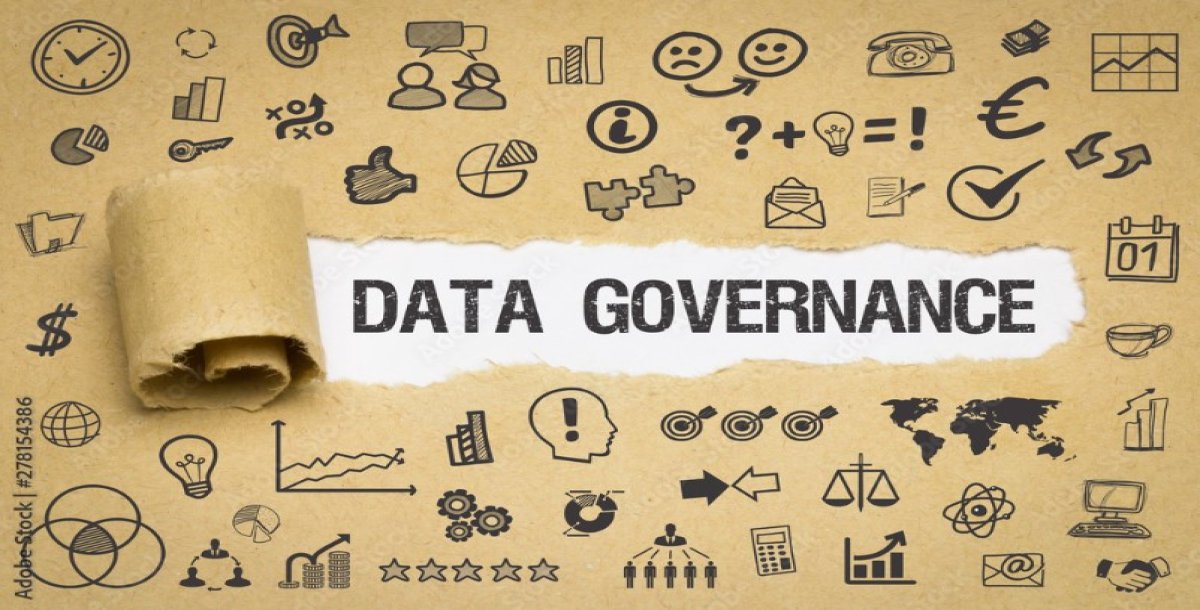Mastering Data Governance: Essential Tools for Effective Data Management
In today’s data-driven world, organizations face immense challenges in managing and harnessing the power of data. Data governance plays a critical role in ensuring data quality, security, compliance, and overall data management strategy. To navigate this complex landscape, businesses must leverage the right tools to streamline their data governance processes.
Data Governance refers to the overall management and control of an organization’s data assets. It involves defining policies, processes, and procedures to ensure the availability, integrity, security, and usability of data throughout its lifecycle. Data governance provides a framework for making strategic decisions regarding data management and ensures that data is handled in a consistent and accountable manner.
Understanding Data Governance
Defining Data Governance: Explore the concept of data governance and its importance in managing data assets effectively.
Core Principles: Discuss the fundamental principles of data governance, including data quality, data privacy, and regulatory compliance.
Benefits of Data Governance: Highlight the advantages organizations can gain by implementing robust data governance practices.
Key Components of Data Governance
Data Classification: Explain the process of classifying data based on sensitivity, importance, and regulatory requirements.
Data Stewardship: Discuss the role of data stewards in ensuring data integrity, consistency, and accountability.
Data Policies and Standards: Explore the development and enforcement of data policies, standards, and guidelines to govern data usage.
Metadata Management: Highlight the significance of metadata in data governance and how metadata management tools facilitate effective data discovery and understanding.
Essential Tools for Data Governance
1.Data Catalogs: Introduce data catalog tools that provide a centralized inventory of data assets, enabling easy search, discovery, and access to data.
2.Data Lineage and Impact Analysis: Explain the importance of tracking data lineage and impact analysis and showcase tools that enable organizations to understand data origins and assess the consequences of changes.
3.Data Quality Management: Discuss data quality tools that help monitor, measure, and improve data quality, ensuring data accuracy, completeness, and consistency.
4.Data Privacy and Security: Highlight tools that assist in implementing data privacy regulations (such as GDPR or CCPA) and ensuring data security through encryption, access controls, and monitoring.
5.Data Governance Platforms: Introduce comprehensive data governance platforms that offer end-to-end solutions, combining various data governance functionalities into a unified framework.
Best Practices for Implementing Data Governance Tools
1.Define Clear Objectives: Emphasize the importance of setting clear goals and objectives before implementing data governance tools.
2.Establish Data Governance Team: Discuss the formation of a dedicated team responsible for overseeing data governance initiatives and tool implementation.
3.Data Governance Framework: Outline the steps involved in creating a robust data governance framework aligned with the organization’s objectives.
4.Change Management and Training: Address the need for change management strategies and training programs to ensure successful adoption of data governance tools.
5.Continuous Monitoring and Improvement: Emphasize the need for ongoing monitoring, evaluation, and refinement of data governance processes and tools.
Conclusion
Data governance is a critical discipline for organizations seeking to leverage the full potential of their data assets. By implementing the right tools, businesses can establish effective data governance practices that enhance data quality, compliance, and overall data management. Embracing data governance tools empowers organizations to make informed decisions, gain a competitive edge, and drive innovation in the rapidly evolving data landscape.








